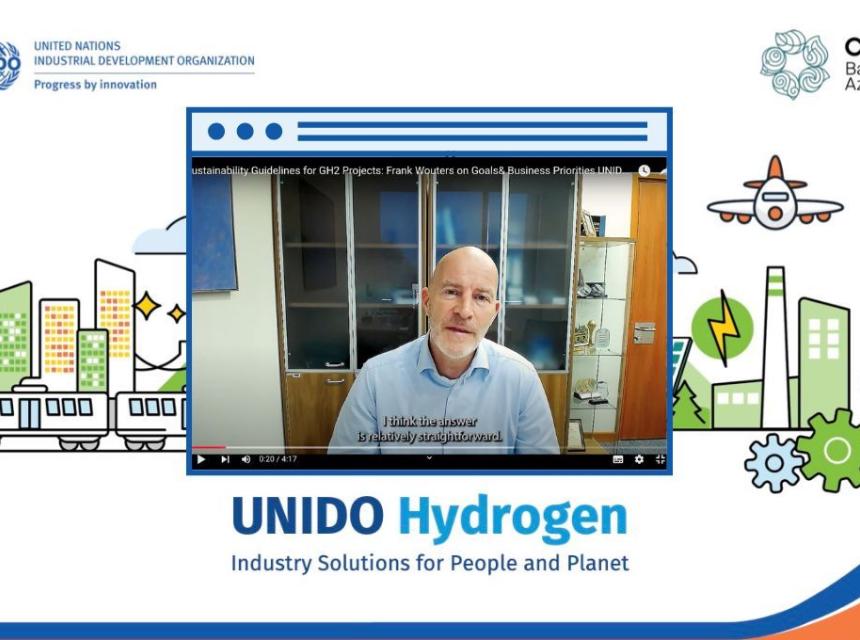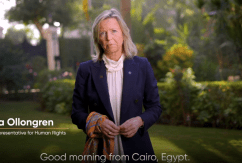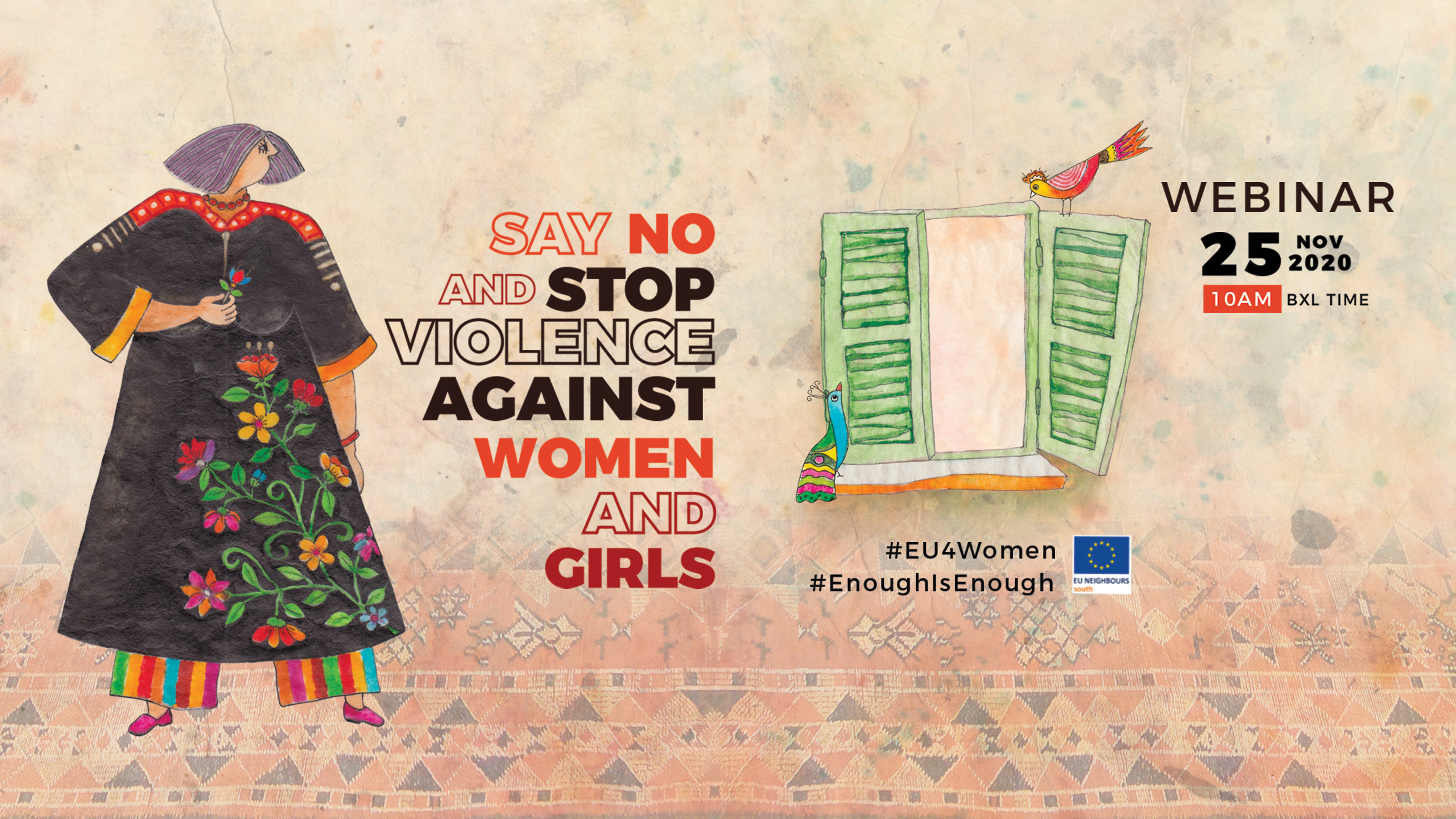COP29 – UNIDO – MED•GEM : Sustainability Guidelines for Large-Scale Hydrogen Projects: A Private Sector Perspective

At COP29 in Baku Azerbaijan, hydrogen took center stage as a key solution for decarbonization during critical discussions on tackling climate change. Among the standout events was the UNIDO side session, “Realizing the Just Energy Transition through Ambitious and Sustainable Hydrogen Projects”, held on November 14th. The session, aligned with the COP29 Presidency, underscored the urgent need to enhance climate ambitions while supporting governments in delivering their commitments through sustainable hydrogen initiatives.
This initiative, backed by UNIDO and a coalition of key organizations such as UNCTAD, UNEP, UNECE, IRENA, AfDB, and IDOS, presented the Sustainability Guidelines for Large-Scale Hydrogen Projects. Frank Wouters, Director of the MED-GEM Network and Chairman of the MENA Hydrogen Alliance, delivered a video address, emphasizing how these guidelines bridge the gap between sustainability goals and business priorities. His insights highlighted how such frameworks can turn potential obstacles into opportunities for growth and community impact.
👁🗨 Watch Frank Wouters’ full statement
Sustainability and profitability are often seen as opposing forces, but Wouters challenges this notion, arguing that the two are mutually reinforcing. Companies that uphold robust environmental and social standards tend to see better long-term performance. “Time and again, we’ve seen that companies and investors who respect environmental and community criteria simply perform better,” he remarked.
Key insights from his statement include:
• Environmental and Community Integration: Projects that avoid environmental harm and actively involve local communities build stronger reputations and enjoy greater long-term viability.
• Economic Feasibility: Sustainability initiatives must align with economic goals. Without profitability, investment in large-scale hydrogen projects cannot be sustained. However, following these principles often enhances business outcomes rather than hindering them.
By integrating sustainability into decision-making, the guidelines provide a roadmap for governments, investors, and local communities to navigate the complex challenges of clean energy projects. In doing so, they ensure hydrogen projects contribute meaningfully to global climate goals while delivering tangible benefits for local economies and societies.





























 Syria
Syria 




